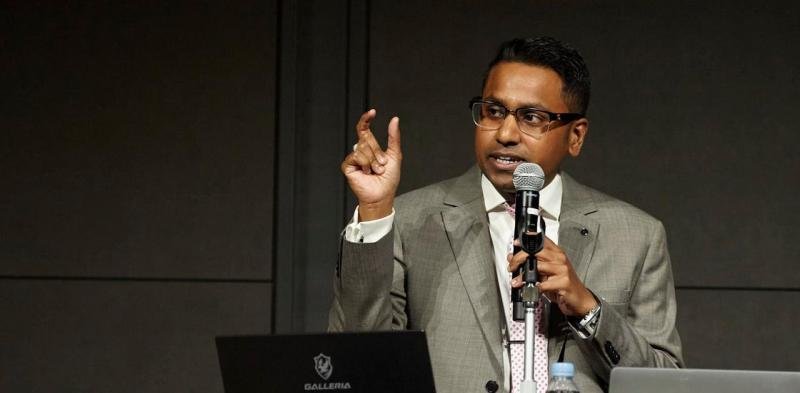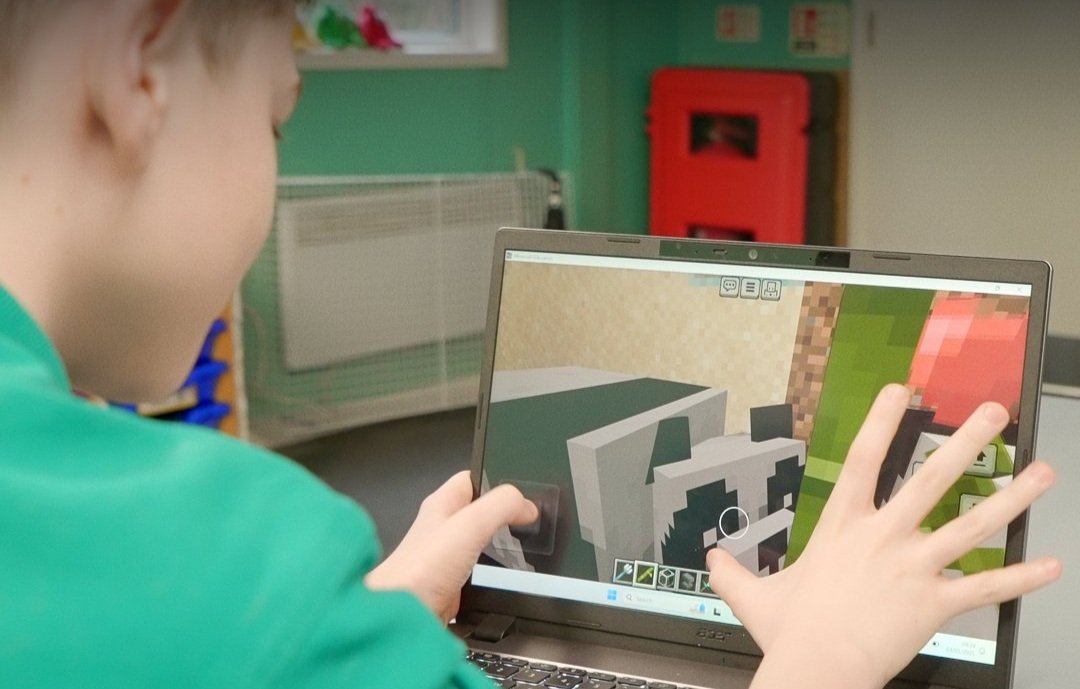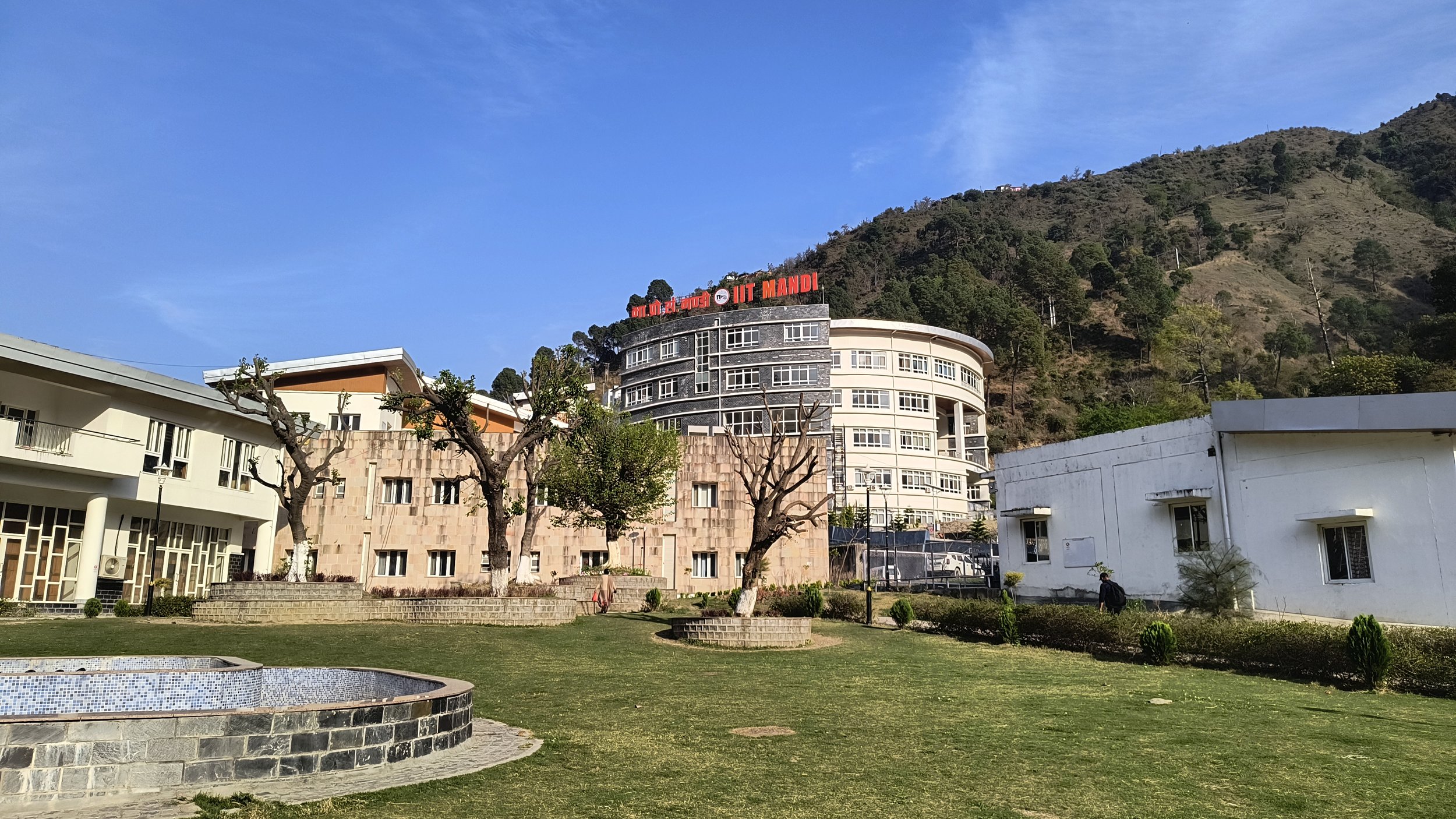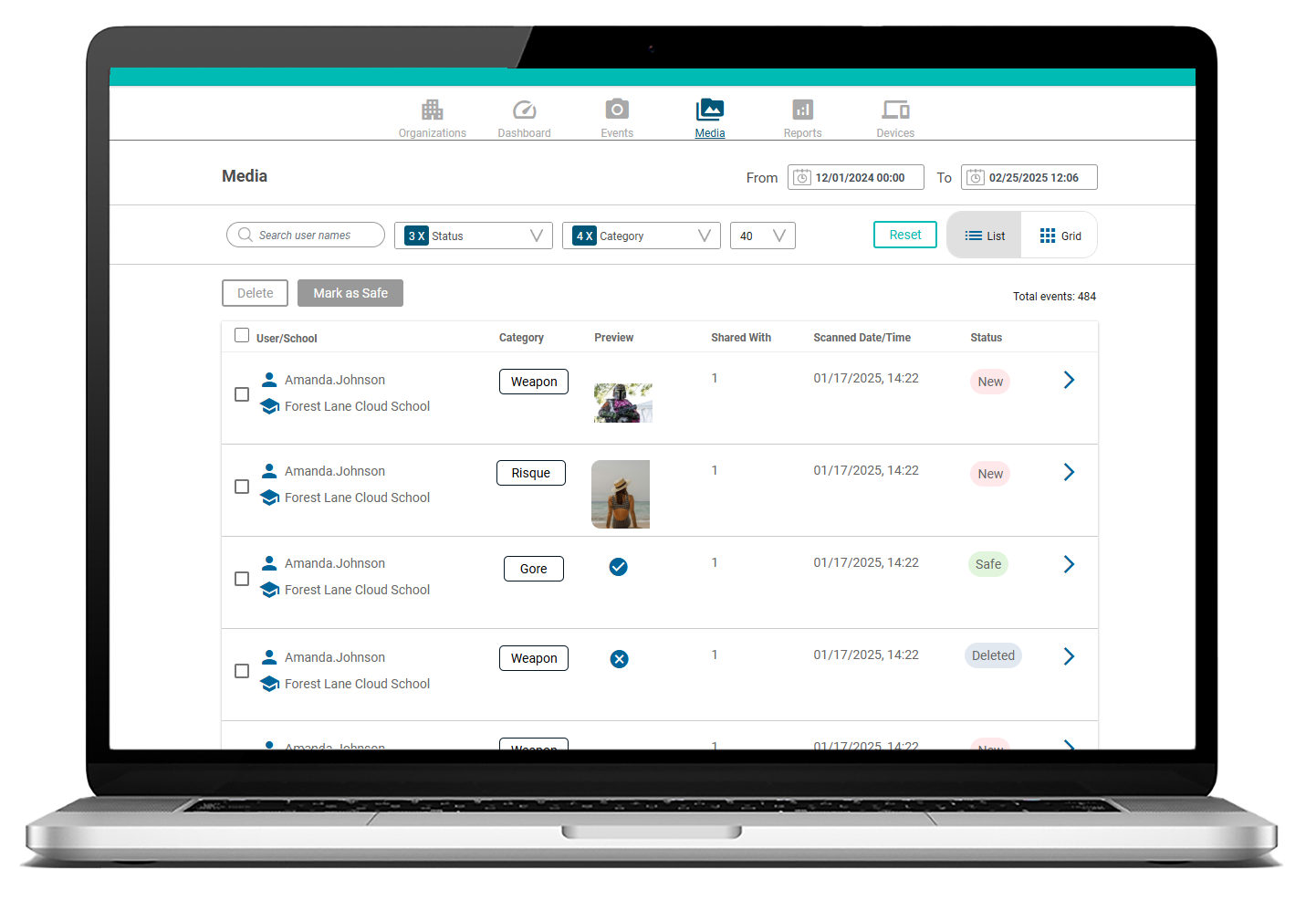Aramark integrates AI into college hospitality services for Fall
As the fall 2024 semester begins, Aramark, known as a provider of food, facilities, and uniform services, is introducing a range of tech-integrated hospitality services aimed at addressing the evolving needs of university students.
These services seek to blend modern technology with wellness-focused programmes, providing students with both efficiency and opportunities for in-person engagement.
Aramark's Collegiate Hospitality division is focusing on creating environments that cater to students' desires for simplicity and human connection while integrating advanced technology into their daily campus life.
According to Jack Donovan, President and CEO of Aramark Collegiate Hospitality, the company is responding to changes in student behaviour.
“We know that students are existing in an emotional paradox right now, based on our broad-based consumer insights. Nostalgia for what they perceive as simpler times is changing the way they approach their hospitality experience on campus.
“At the same time, they are steeped in technology that is integrated in all that they do. Our constant monitoring of student sentiment and satisfaction on campuses allows us to find unique, creative ways to build an ecosystem of hospitality that prioritizes authentic interaction.”" Donovan stated.
The company's approach extends beyond dining. It aims to provide students with practical job skills and career pathways through management programmes, internships, and externships. Aramark also plans to showcase various career opportunities within the hospitality industry, supporting post-graduation success through hands-on experience and networking opportunities.
“What sets Aramark Collegiate Hospitality apart is its insight-driven attention to the whole student, the whole campus atmosphere, and the whole community experience,” said Donovan. “These partnerships are a win-win all around: campuses see students engaging and we help students find a passion for hospitality.”
A key component of Aramark's offering is the expansion of allergen-friendly dining options. The new "stress less zone" provides dedicated areas where students can find foods free from gluten, peanuts, and tree nuts. This initiative is part of Aramark's ongoing efforts to enhance dietary safety and transparency on campus.
Theresa Butler, Collegiate Hospitality Vice President for Student Experience, highlighted the importance of student feedback in shaping these programmes: “We strive to create a personalised dining experience for our students to navigate and flourish with at their campus home.
“We take our survey results and consequent trends identification very seriously, and it leads us to build hospitality programs that our community wants and that reward those who enjoy sharing meals with us.”
Aramark is also introducing a new customer engagement and loyalty programme, Dining Rewards, available to all students, faculty, and staff. The programme offers perks such as birthday gifts, promotional offers, and discounts, requiring only an email subscription.
To further integrate technology into the student experience, Aramark is leveraging artificial intelligence with its virtual assistant, SAM, available on CampusDish websites. The chatbot is designed to help students navigate dining information and meal plans, enhancing convenience. Additionally, Aramark is implementing self-checkout devices and fully autonomous stores on campuses, aiming to provide 24/7 access to campus resources.
Jonathan Duffy, Vice President of Technology and Innovation for Collegiate Hospitality, emphasised the role of technology in improving the student experience:
“When it is at its best, technology fits seamlessly into students' lives while simultaneously improving the experience by making things more tailored or more convenient. One of students’ most precious commodities is time. These tech-driven solutions allow students to get the information and food that they need whenever they need it.”





















